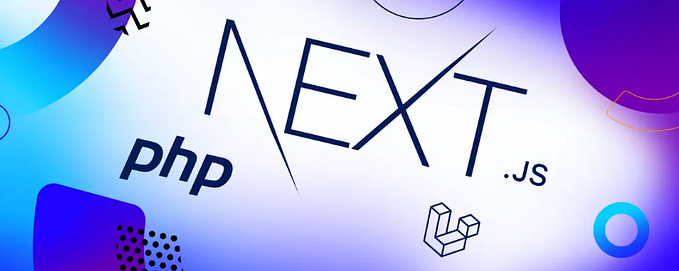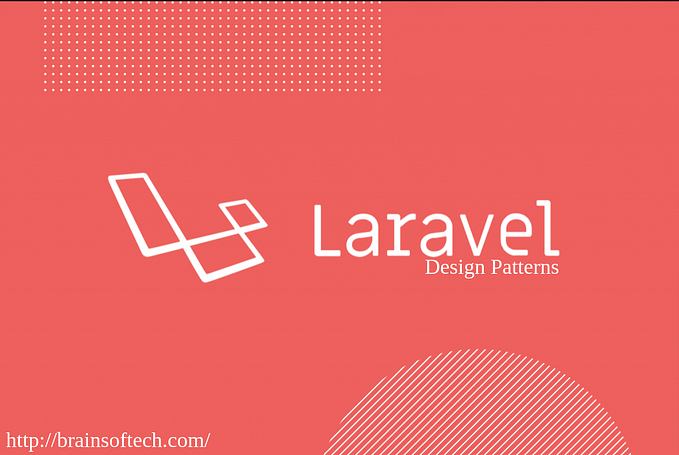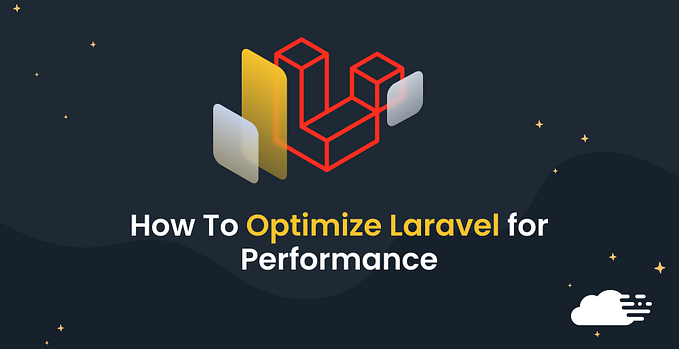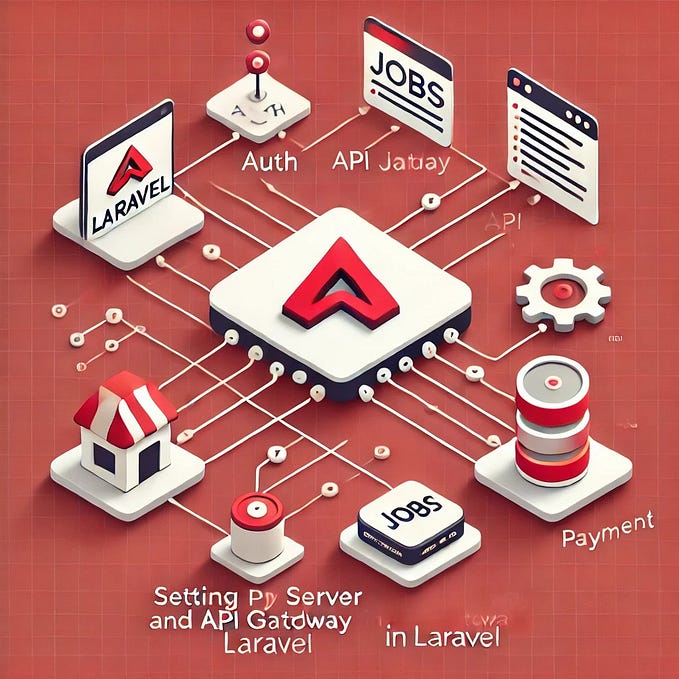
Welcome to the realm of Laravel Microservices — a comprehensive guide designed to illuminate the path for developers seeking innovative solutions in Laravel development. In the fast-paced world of web development, where agility and scalability are paramount, Laravel Microservices emerge as a beacon of efficiency. This guide is your compass, navigating through the intricate landscape of microservices architecture with Laravel, offering insights, best practices, and practical wisdom to empower you on your journey.
In the dynamic realm of Laravel development solutions, microservices stand as a transformative approach, breaking down monolithic structures into modular, independently deployable services. This guide will unravel the complexities, providing you with a user-friendly roadmap to harness the full potential of Laravel in crafting resilient, scalable, and maintainable applications.
Whether you are a seasoned Laravel artisan or a newcomer eager to explore the possibilities, this guide is tailored to your needs. Join us as we embark on a journey through the principles, tools, and strategies that define Laravel Microservices. Let’s delve into the world where Laravel development solutions meet the agile and scalable nature of microservices, unlocking new horizons in web development.
Exploration of Laravel as Microservice
As you may already be aware, or as suggested by the definition of microservices, a microservice is a set of services that can be freely deployed. It represents an approach to constructing application software through a collection of independently deployable, compact, and modular services. In this context, each service performs a distinct operation and communicates with others through a clear and well-defined interface.
Given this, you might be wondering about the implementation of microservices using Laravel. How does the Laravel architecture function within the realm of microservices? Let’s delve into the workings of PHP Laravel microservices to shed light on this!
Laravel Microservices Architecture:
Microservices architecture has gained significant traction in modern web development, offering a scalable and flexible approach to building applications. Laravel, a robust PHP framework, seamlessly adapts to the microservices paradigm, allowing developers to create modular and independent components that collectively form a cohesive and dynamic system.
Key Components:
Service Independence: In Laravel Microservices Architecture, each functionality is encapsulated within a separate service. This modularity enables independent deployment and scaling of services, fostering flexibility and resilience. Services are responsible for specific tasks, and communication between them occurs through well-defined APIs.
API Communication: Laravel Microservices rely on APIs (Application Programming Interfaces) for communication between individual services. APIs serve as the interface through which services exchange data and functionality. This decoupled communication allows for the creation of loosely coupled services that can evolve independently.
Database Decentralization: Unlike traditional monolithic architectures, Laravel Microservices often decentralize databases. Each service manages its own database, promoting autonomy and reducing the risk of data inconsistencies. Laravel’s ORM (Object-Relational Mapping) capabilities facilitate seamless interactions with databases across services.
Containerization and Orchestration: Containerization tools like Docker play a crucial role in Laravel Microservices Architecture. Each service and its dependencies are encapsulated within containers, ensuring consistency across various environments. Orchestration tools, such as Kubernetes, assist in managing, scaling, and orchestrating the deployment of these containers.
Event-Driven Communication: Event-driven communication is a key feature in Laravel Microservices. Services emit events when certain actions occur, and other services can subscribe to these events to react accordingly. This asynchronous communication enhances responsiveness and allows for more efficient handling of tasks.
Authentication and Authorization: Laravel provides robust mechanisms for handling authentication and authorization within a microservices architecture. Passport, Laravel’s OAuth2 server, facilitates secure authentication between services, ensuring that only authorized services can access specific functionalities.
Advantages of Laravel Microservices
Flexibility in Development:
Laravel Microservices Architecture promotes flexibility in development. Developers can work on and deploy individual microservices independently, allowing for parallel development and rapid iteration. This flexibility is particularly beneficial in large development teams where different components of the application can evolve at their own pace.
Isolation of Failures:
Microservices are designed to be isolated entities, meaning that if one service fails or encounters issues, it does not necessarily impact the entire system. This fault isolation ensures that failures are contained within the affected microservice, preventing cascading failures and enhancing the overall robustness of the application.
Technology Diversity:
Laravel Microservices allow for technology diversity within an application. Different microservices can be developed using varied programming languages, frameworks, or tools that best suit their specific requirements. This diversity is advantageous when integrating with third-party services or incorporating specialized technologies for specific functionalities.
Ease of Maintenance:
Microservices simplify the maintenance process by isolating concerns. Updates, bug fixes, or enhancements to one microservice can be performed without affecting the functionality of other services. This modularity minimizes the risk of introducing unintended consequences during maintenance activities.
Independent Deployment:
Each microservice is independently deployable, reducing the complexity associated with deploying an entire monolithic application. This independence enables faster release cycles, allowing developers to roll out updates or new features for specific services without disrupting the entire application.
Improved Fault Tolerance:
The decentralized nature of Laravel Microservices contributes to enhanced fault tolerance. If one microservice experiences issues, the impact is confined to that particular service, preventing widespread outages. This decentralized structure ensures that the overall system remains operational even when individual components encounter problems.
Enhanced Collaboration in Development Teams:
Laravel Microservices support a collaborative development environment. Different teams or developers can focus on specific microservices without stepping on each other’s toes. This streamlined collaboration accelerates development cycles and fosters a more efficient and organized development process.
Optimized Resource Utilization:
Microservices allow for efficient use of resources as each service can be tailored to its specific requirements. This prevents overprovisioning of resources for the entire application, optimizing resource utilization and reducing unnecessary costs.
Adaptability to Evolving Technologies:
Laravel Microservices facilitate the incorporation of new technologies or updates to existing technologies without disrupting the entire application. This adaptability is crucial in keeping the application aligned with the latest industry trends and ensuring it remains competitive in a rapidly evolving technological landscape.
Laravel Microservices offer a range of advantages, from improved scalability and flexibility to enhanced fault tolerance and streamlined development processes. Adopting this architecture empowers development teams to create robust, maintainable, and adaptable applications that can meet the challenges of modern web development.
Related Article: Benefits of Laravel Development Services for Enterprises
Why You Should Go for Laravel Microservices?
Deciding when to adopt Laravel Microservices is a critical consideration that hinges on various factors. Here’s a guide to help you discern when it’s the right time to opt for Laravel Microservices in your development journey:
Scaling Challenges: If your application is experiencing scalability challenges, such as difficulties accommodating increased user loads or expanding functionalities, Laravel Microservices might be the solution. The architecture allows for precise scaling of individual services, ensuring optimal resource utilization.
Diverse Development Teams: When working with diverse development teams handling different aspects of your application, Laravel Microservices can streamline collaboration. Each team can independently manage and deploy specific microservices, reducing conflicts and accelerating development timelines.
Need for Technological Diversity: If your application requires the integration of diverse technologies or specialized tools for different functionalities, Laravel Microservices provide the flexibility to implement technology diversity. This is particularly advantageous when dealing with distinct tasks that benefit from specific programming languages or frameworks.
Frequent Updates and Iterations: If your development cycle demands frequent updates, iterations, or the introduction of new features, Laravel Microservices facilitate an agile workflow. Each microservice can be updated independently, allowing for faster release cycles without disrupting the entire application.
Isolation of Failures: When robust fault isolation is crucial, Laravel Microservices shine. If you want to minimize the impact of potential failures to specific services without affecting the entire system, adopting a microservices architecture can enhance the reliability and fault tolerance of your application.
Resource Optimization Goals: If resource optimization is a key goal, especially in terms of cost efficiency and improved resource utilization, Laravel Microservices allow you to tailor resources to the specific needs of each microservice. This prevents overprovisioning and ensures efficient use of resources.
Adapting to Evolving Technologies: When your application needs to adapt swiftly to emerging technologies or industry trends, Laravel Microservices provide the adaptability required. The decentralized nature of microservices makes it easier to integrate new technologies or update existing ones without disrupting the entire system.
Autonomous Deployment Requirements: If you require the autonomy to deploy and update individual components independently, Laravel Microservices offer a solution. This is especially beneficial when different services have distinct release cycles or when you need to roll out updates without affecting the entire application.
Complex Application Structure: When dealing with a complex application structure where various functionalities can be logically separated, Laravel Microservices provide a modular approach. This modularity simplifies development, maintenance, and the overall management of a complex application.
Future-Proofing Strategies: If you are looking to future-proof your application and ensure its adaptability to changing requirements and technologies, Laravel Microservices provide a strategic architecture that allows for continuous evolution and innovation.
Conclusion
This comprehensive guide has shed light on the transformative potential of Laravel Microservices in modern web development. The fusion of Laravel’s elegance with microservices’ scalability and modularity offers a powerful approach for creating agile and resilient applications. As you embark on your Laravel Microservices journey, consider the strategic move to hire dedicated Laravel developers. These skilled professionals bring expertise in both Laravel and microservices architecture, ensuring successful project implementation and maintenance. Their proficiency adds a valuable layer to the development process, unlocking the full potential of Laravel Microservices. Embrace this innovative approach, and with the right team in place, navigate the dynamic landscape of web development with confidence and efficiency. Welcome to the future of Laravel Microservices — a landscape of endless possibilities and sustained success.








